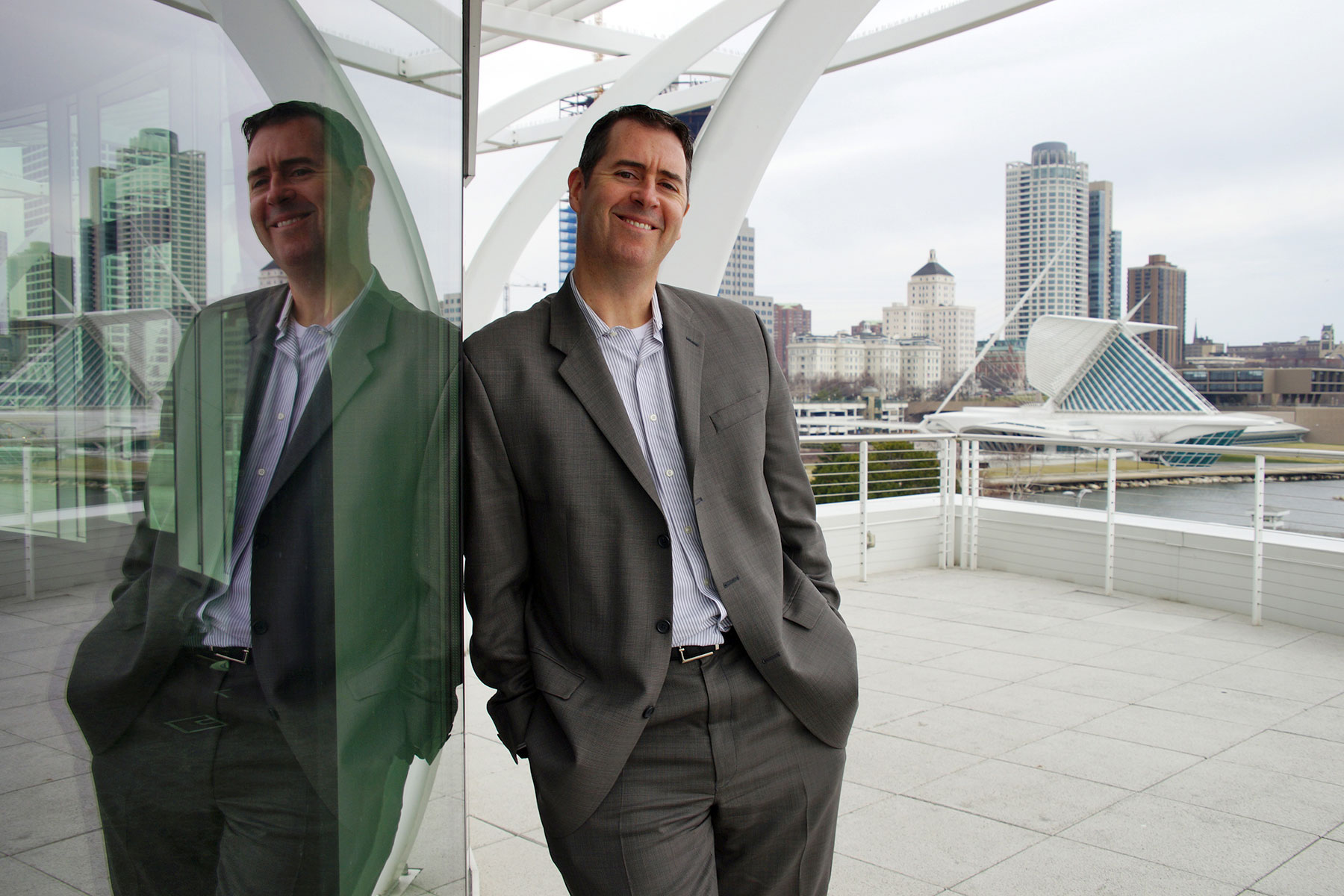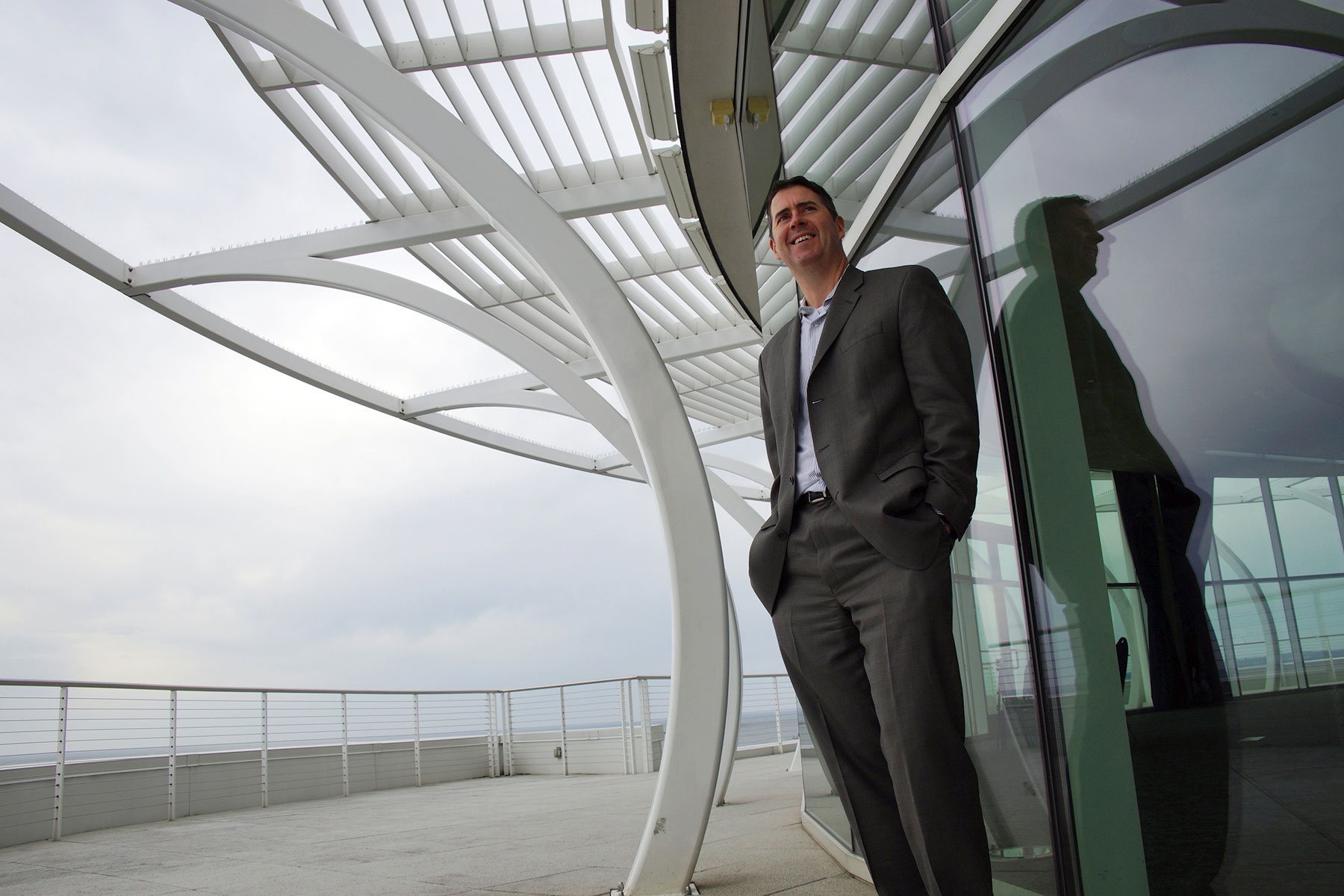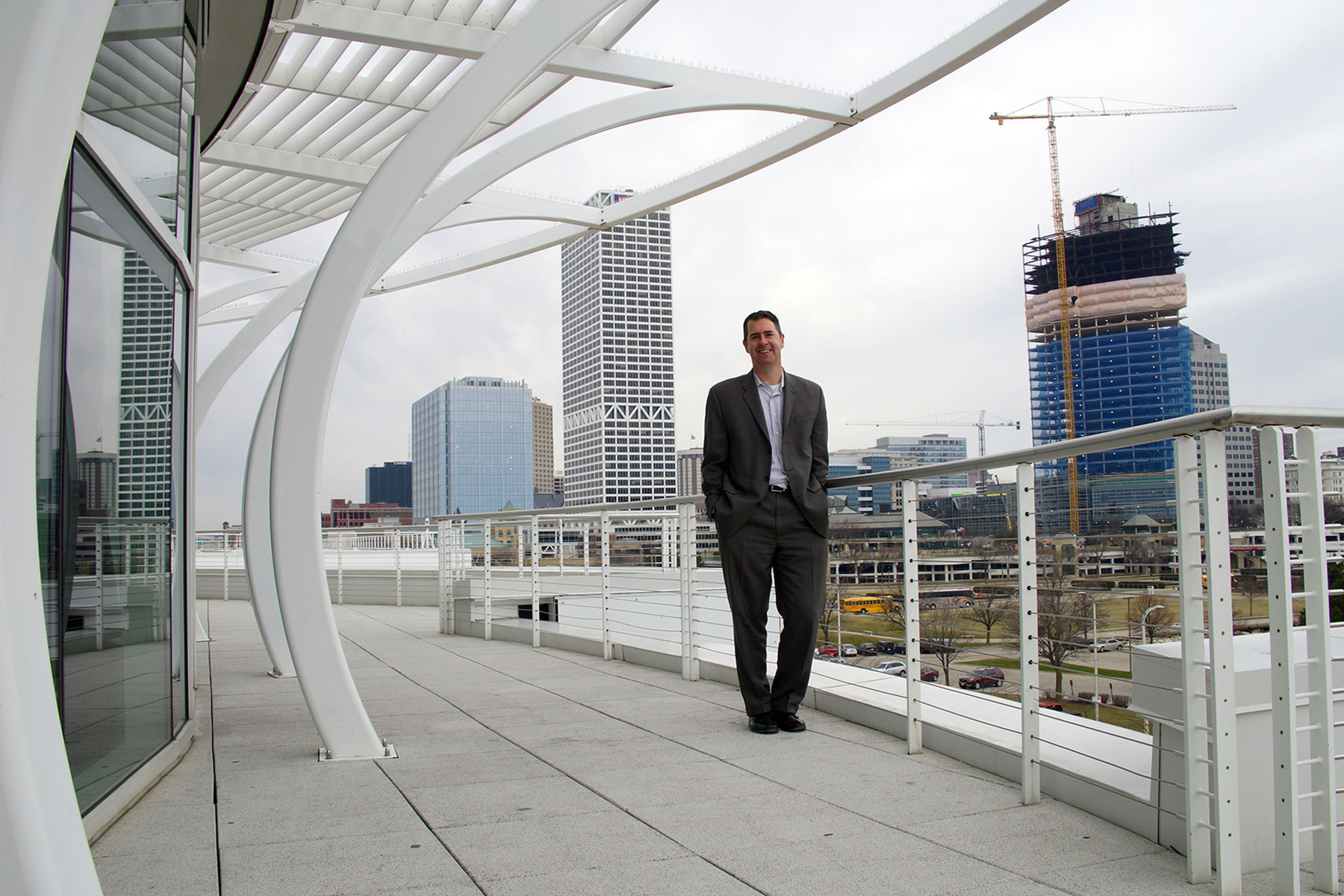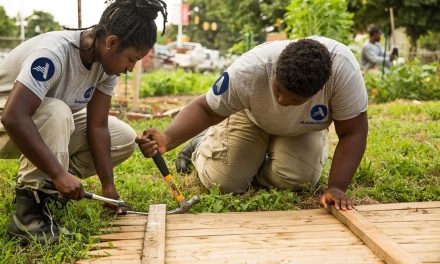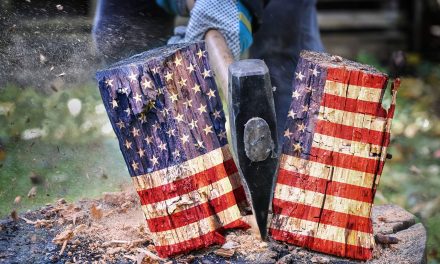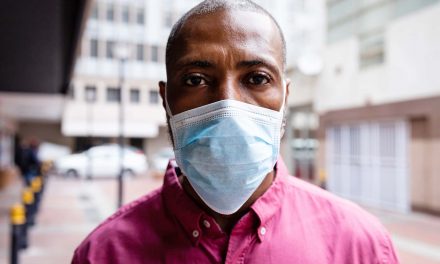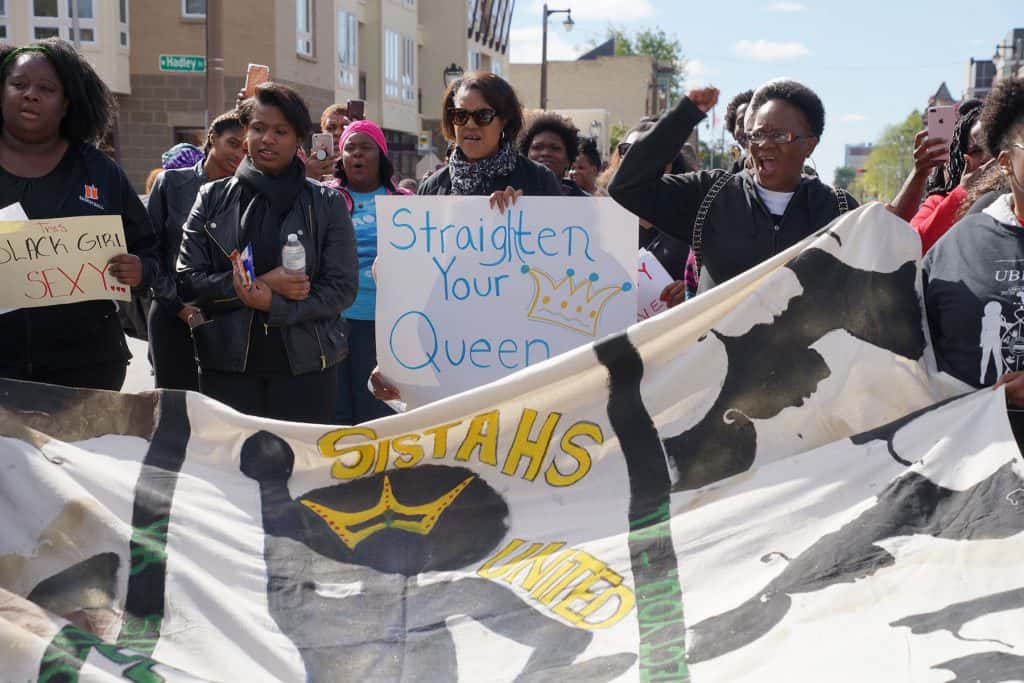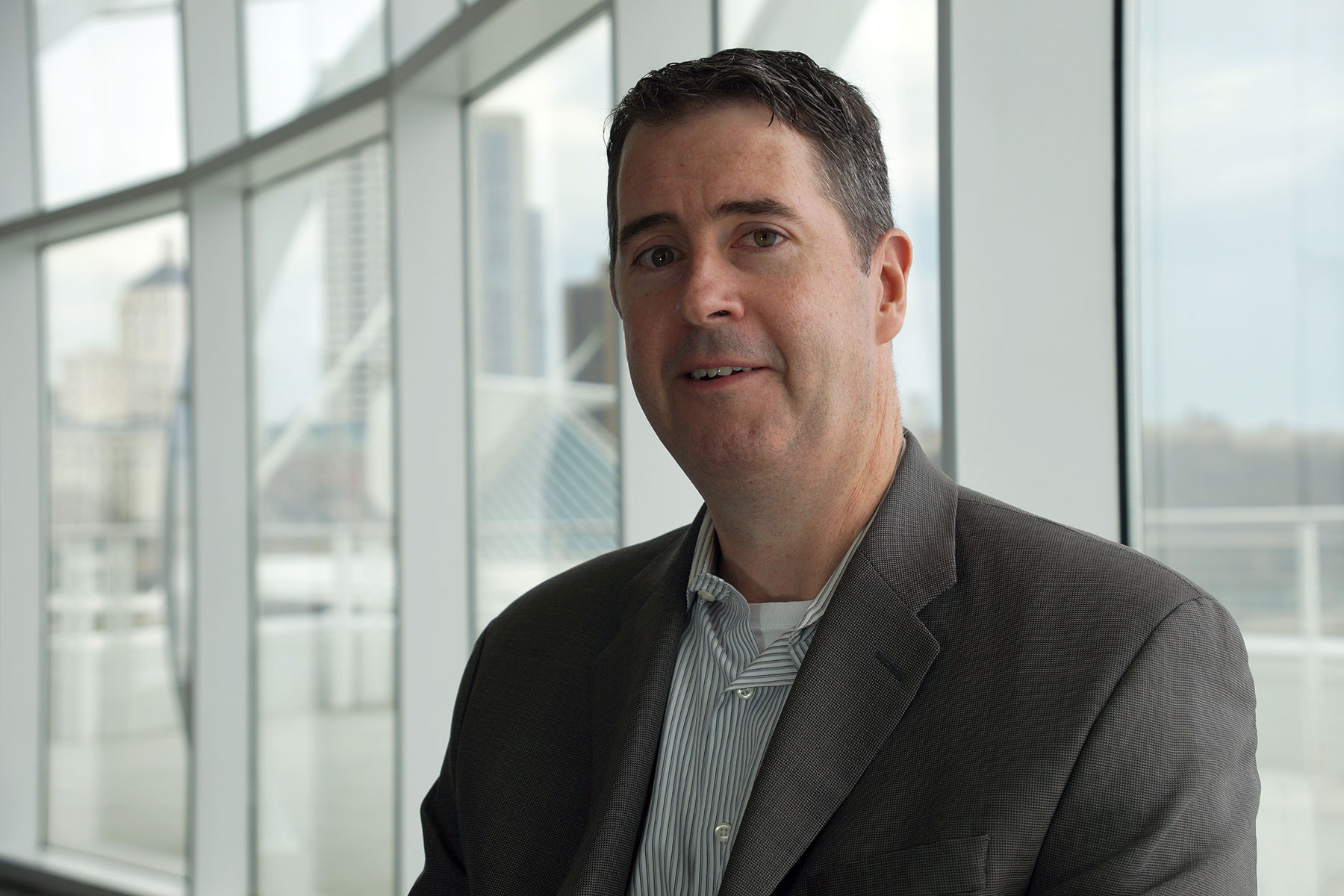
From working on election campaigns for Tom Barrett to his own bid for political office, Joel Brennan redirected his passion for public service to building a vibrant cultural community within Milwaukee to inspire a generation of children with the possibilities of science, and a transformative education that gives underprivileged youth the foundation to dream about future careers in water technology.
Q&A with Joel Brennan
Milwaukee Independent: Who was your mentor growing-up, or the most influential person on your development?
Joel Brennan: I grew up the second youngest of 11 kids, so I didn’t lack for mentors and influences in my life. My oldest sister got pregnant and had a child at age 18. As a perspective, my Mom had her last baby about a year after my sister had her first baby. This sister went on to graduate college, finish medical school, and become an emergency room physician. She passed away suddenly five years ago, but she was and remains a huge influence in my life. I could say the same about any of my 6 other sisters or my 3 brothers. My parents were also major influences in my youth and who I am today.
Milwaukee Independent: You started as a volunteer in Tom Barrett’s the congressional campaign, and eventually served as the campaign manager for his 2004 run for Mayor. Can you describe what that experience was like, and the most important lesson it taught you?
Joel Brennan: Thanks for citing only the campaigns we won and skipping over the fact that I also managed his 2002 campaign for Governor, in which we lost to Jim Doyle in the Democratic primary. I learned far more from losing than from winning. The most important lesson, which we employed in the run for Mayor far more than when Tom ran for Governor, was that campaigns are all about taking action and forcing the other side to react to what you do. I am certain this has only increased since the last time I was deeply involved in a campaign. Candidates who set the tone and put their opponents in a position where they must continually react to them are often the most successful. Playing defense is no way to run for office or govern.
Milwaukee Independent: Did you ever consider making politics a career by running for public office? And if so, why did you not choose that direction?
Joel Brennan: I was Chris Larson before he was Chris Larson. In 2003, I ran against Jeff Plale in a Democratic Primary for State Senate in the 5th Senate District. This was a special election because the incumbent had resigned from the office. I ran as the progressive in the race and applied the lessons that I had learned by our losing in the gubernatorial primary. We raised more money, worked harder and smarter, and almost beat Plale in a race that was really his to lose. He had already represented one-third of the district for several years. On election night, it looked for some time like we were going to win, but he ended up taking the election by several hundred votes. In 2010, Chris Larson applied the same strategy and beat Plale in that primary.
One of the interesting aspects of that race was that I am perhaps one of the few candidates to ever unite the teacher’s union and the school choice advocates. Plale received the endorsement of the teacher’s union. Even if he lost, Plale would be going back to the State Assembly, so they figured they couldn’t lose by endorsing him. Lots of the money that Plale received for his campaign came from George Mitchell and the school choice advocates. While Plale continued to be one of the few Democrats to get long-term support from the school choice groups, the teacher’s union suffered some serious buyer’s remorse and worked hard to defeat him in 2010.
As you can see, the voters decided that my career in public office wasn’t in the cards. I feel like what I do now is a form of public service, so I get some of the same satisfaction as I would if I served in an elected office.
Milwaukee Independent: After spending much of your career working for the Mayor, what appealed to you about an opportunity at Discovery World?
Joel Brennan: The most appealing thing about the opportunity at Discovery World was the chance to lead something that was in its infancy and to shape its future. Tom Barrett has been a wonderful mentor to me over the years, but it also provided a chance to step out from his shadow and lead something of my own. I didn’t know much about the organization, but I knew some Board Members like Gary Grunau and Josh Gimbel, so I knew that good people were involved.
Milwaukee Independent: For your position at Discovery World, how extensive was the interview process with Michael Cudahy? And how did you feel to pass the test?
Joel Brennan: I had never met Michael Cudahy before I applied for the job. I probably had five or six lunches with him before he ever offered me the job. I also interviewed with other people who were involved with the Board at that time like Frank Steeves and Dennis Kuester. I think the job was offered to someone else who declined before it was offered to me. I hope I passed the test by being honest, trustworthy, and ready to work hard. Being Irish probably didn’t hurt.
Milwaukee Independent: You have overseen a lot of development and redevelopment of Milwaukee, what hopes and concerns do you have for the future?
Joel Brennan: My family lives in the city, and my wife and I love raising our kids here. They attend a terrific Milwaukee Public School and we have a rich, interesting, and diverse life. As a city, we must continue to build a place where kids want to stay when they are grown. The weather is certainly better other places, but the people here are as good as they come, and if we can continue to create economic opportunity here, Milwaukee can be a great city for the next one hundred years.
But there are real problems, because lots of neighborhoods have no economic engines any longer, and many schools are not equipped to help kids learn. We need to keep attacking those problems every day.
Another challenge is that there are many people who would like their legacy to be that they stopped things in Milwaukee. These people rise up against 21st century transportation, they oppose development downtown because they want to pit the urban center against neighborhoods, and they generally stand in the way of progress. To me, that is no legacy. The majority of us who want to make our city better by taking action instead of stopping initiatives needed to ensure that we continue to build and do great things.
Milwaukee Independent: What attracted you to live in the Brewers Hill area, and to you think Milwaukee’s renaissance is connected to its rediscovery of neighborhood communities?
Joel Brennan: Brewers Hill offers a diverse community, great neighbors, and a five minute commute to downtown. What is not to love about that? Strong neighborhoods make a safe and vibrant city, and we are fortunate to live in one.
Milwaukee Independent: What challenges has the Milwaukee tourism industry faced in recent years? And is enough being done to promote the city?
Joel Brennan: The Convention Center is too small and needs to be completed. When it was opened fifteen years ago, three phases were planned and only two were ever built. We need to finish the job, so that we can better compete with other cities for conventions and visitors who come stay in our hotels, eat in our restaurants, and bring new economic impact from outside the region.
Lots more can be done to promote the city. We all should be ambassadors for Milwaukee. We need to continue to make investments in arts and cultural institutions like Discovery World, but also other places like the Public Museum, the Marcus Center, theaters, parks and the like. And we need to be less humble about what a great place we live in.
I wrote an Op-Ed a few months back that outlines a few things that I think can be done to enhance tourism and the cultural institutions in town, by really investing in a lakefront campus. You can read it here: It’s time for a lakefront cultural campus.
Milwaukee Independent: How have you used education to change public perceptions of science and technology?
Joel Brennan: The secret to making a place like Discovery World succeed is convincing families, kids and their parents, that this is a really fun place, it really is about them and for them, and that they can get something out of coming here. We haven’t succeeded entirely on that yet, but we are getting closer. The explosion of programs like FIRST Robotics and FIRST Lego League start to make the connection between fun and careers, and we just need to open more eyes to that.
Milwaukee Independent: How can Milwaukee better use education as a transformative tool?
Joel Brennan: Education is the only transformative tool for lots of kids who live in this city. Make the schools better, make learning more fun, and convince kids that a meaningful path exists for them, and we will do better. Easy to say but much harder to do.
Milwaukee Independent: Milwaukee is an international freshwater center, yet many of city’s youth rarely have a chance to even visit Lake Michigan. What can be done to help kids who lack opportunities reach for a career in science and technology?
Joel Brennan: Just recently we completed our 4th or 5th year of working with MPS on a program called Learning Journeys. Between last October and March of this year, more than 5,500 MPS 4th grade students came to Discovery World for a half-day high focus program on freshwater science. For some of those kids, it really is the first time they have seen Lake Michigan and it is almost certainly the first time they learn that the water they drink at home comes from that Lake. Programs like this one and others can help light a spark and start to make that connection between school and future economic opportunities. In my opinion, we can’t start early enough when it comes to kids.
Milwaukee Independent: What personal or professional achievement are you most proud, and what one thing is still your goal to fulfill?
Joel Brennan: Working with lots of people, including great staff, committed Board Members, and community partners, we have transformed a project whose very existence was in peril in its early years and put it on a path to sustainable success and community impact. While our struggles were not as public as those at the Public Museum, the YMCA, or other institutions, our challenges were severe. We had to lay people off, cut positions, slash budgets, and really reinvent the way that we operate. We are still making changes all the time to adapt. But we have saved something that was otherwise going to fail. And beyond that we have broadened our impact on the community. We are about to embark on an effort to make some very substantial investments in the facility and programs that will make Discovery World an even more fun and vital place for families and kids in our community.
I don’t just have one goal. I have too many to mention, and I feel like time is passing more quickly each day.
